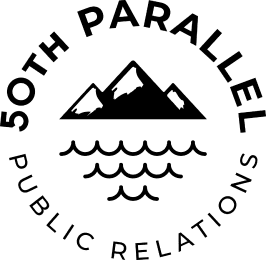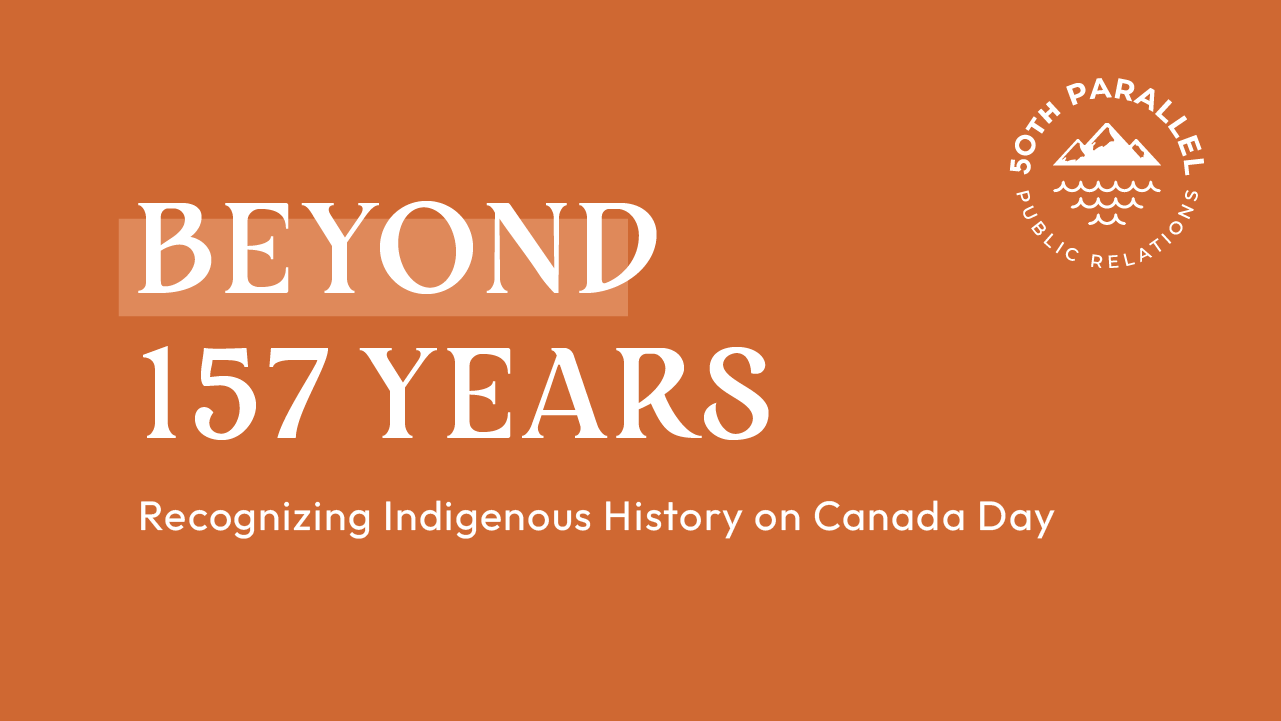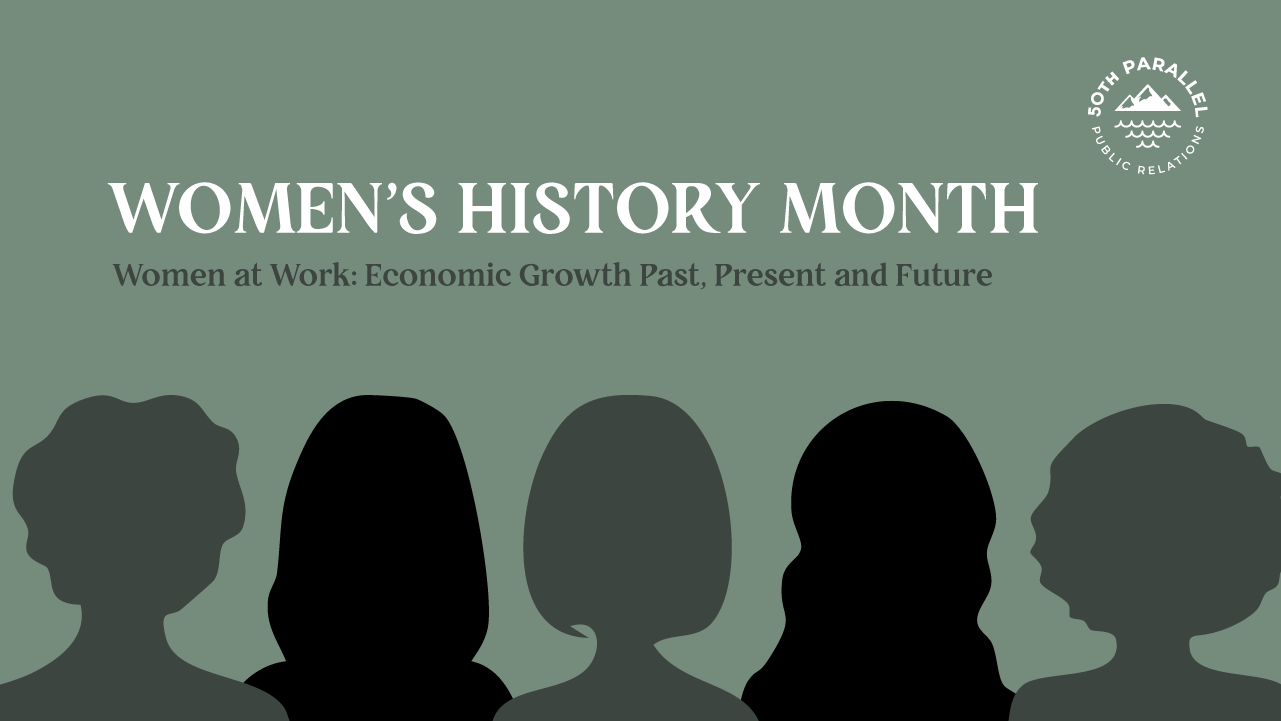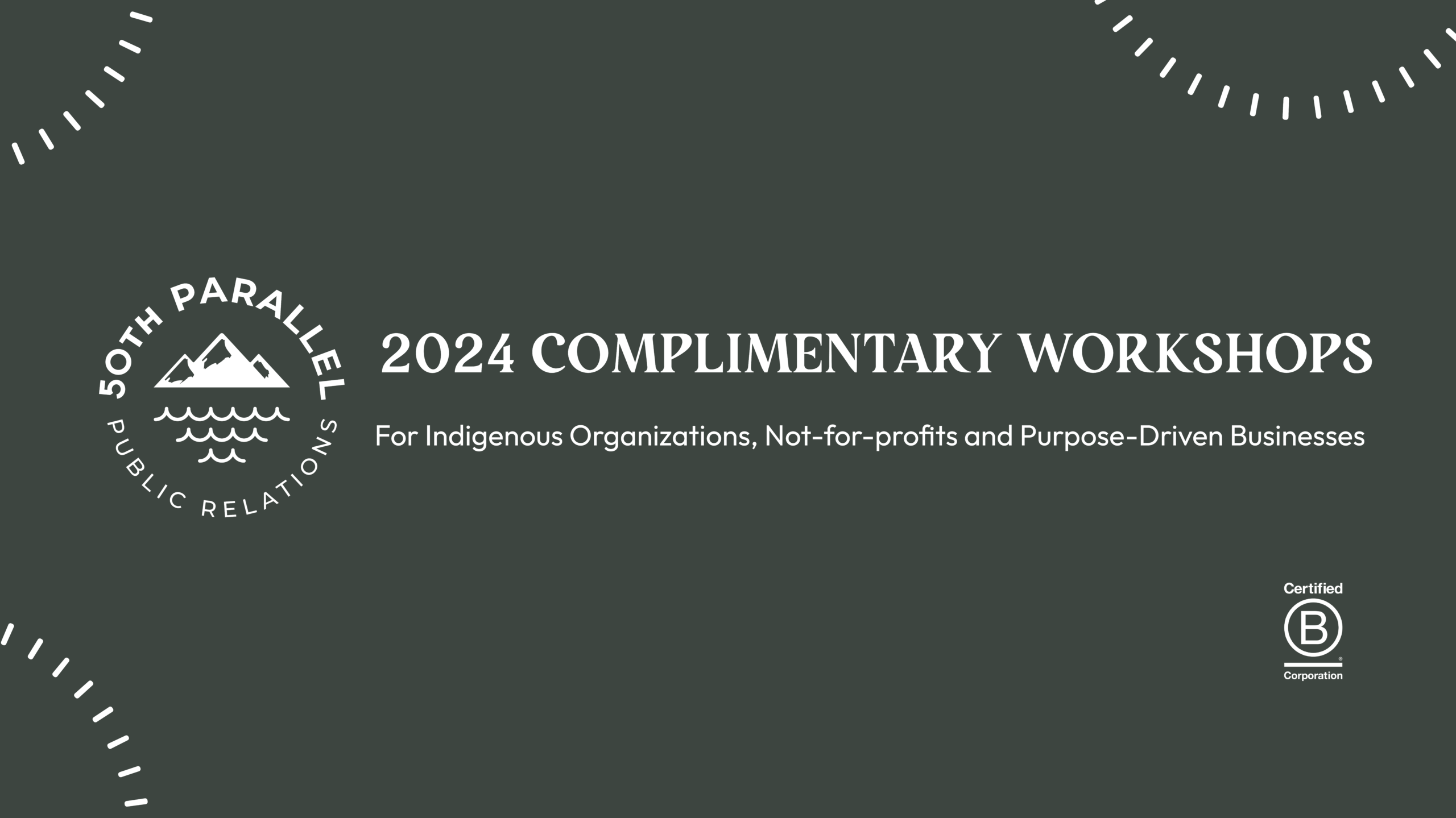Since 1868, July 1 has been a day of celebration for Canadians. While this year will mark the 157th anniversary, this land’s history spans much further back. Research shows that Indigenous Peoples have held a relationship with this land for at least 12,000 years. Their rich cultures, traditions and knowledge have deeply influenced the land we now call Canada, and it’s important to acknowledge and honour this extensive history.
For the past 157 years, Indigenous Peoples have faced genocide and systemic injustices that still affect their communities today. From the colonization of their land to the forced residential school system, Canada Day serves as a reminder of the hardships these communities have endured.
As Canada Day approaches, it is essential to reflect on this painful history that has shaped the nation. Recognizing the resilience and strength of Indigenous Peoples in the face of these adversities is key. By acknowledging the full scope of our history, we can work towards a future that honours a more inclusive and just society.


Taking the time to listen to Indigenous Peoples is crucial in understanding and supporting their communities. Engage with their stories, culture and traditions by seeking out Indigenous speakers, listening to podcasts that amplify their voices or participating in community events.
Active listening is key to understanding their experiences and becoming true allies. By creating and amplifying spaces for Indigenous people to share their voices, you contribute to building a more inclusive nation and reject the long history of silencing these communities.

Learning is a crucial step towards reconciliation. Understanding Indigenous history and the realities of the past 157 years since colonization is essential. Read the Truth and Reconciliation Commission’s 94 Calls to Action and educate yourself about the Indigenous territory on which you live. Explore Indigenous literature, films and art to gain insights into their culture and perspectives.
You can also attend workshops, lectures and cultural events to deepen your understanding. All of these ways of learning are examples of meaningful steps you can take toward acknowledging past injustices and actively participating in the ongoing journey toward reconciliation.
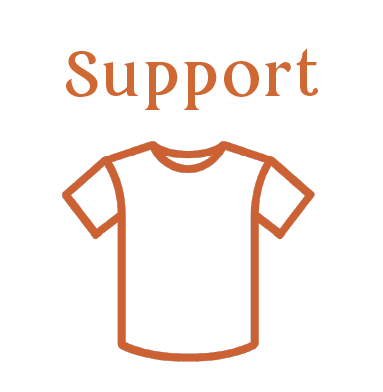
Show your support for Indigenous Peoples by wearing orange. The orange shirt signifies “Every Child Matters,” bringing awareness to the children affected by residential school systems. Social media can also be a powerful tool. By sharing Indigenous voices and stories on these platforms, you can raise awareness and educate others. Public support can make a significant impact in amplifying their messages and creating a more informed community.
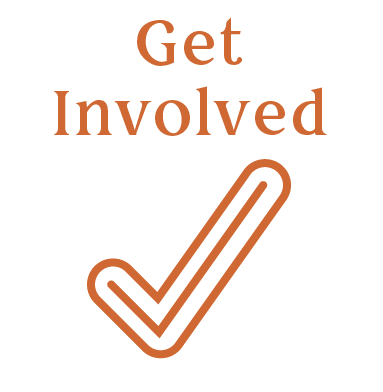
Supporting Indigenous movements and organizations is another effective way to take action. Consider donating to groups such as the Moose Hide Campaign, True North Aid or the Orange Shirt Society. Financial contributions are valuable, but volunteering and raising awareness towards these organizations deeply contribute to the ongoing efforts to support and uplift Indigenous communities.
We stand with the original people of this place we call home. We honour their traditions, culture, history and the contributions they have made. We remember the children who never made it home and the survivors and their families still healing and grieving. Though steps toward reconciliation have been taken, there is much more work to be done. Let us listen, learn and take action to work towards a future where the identity of the nation is based on respect, inclusivity and truth.
